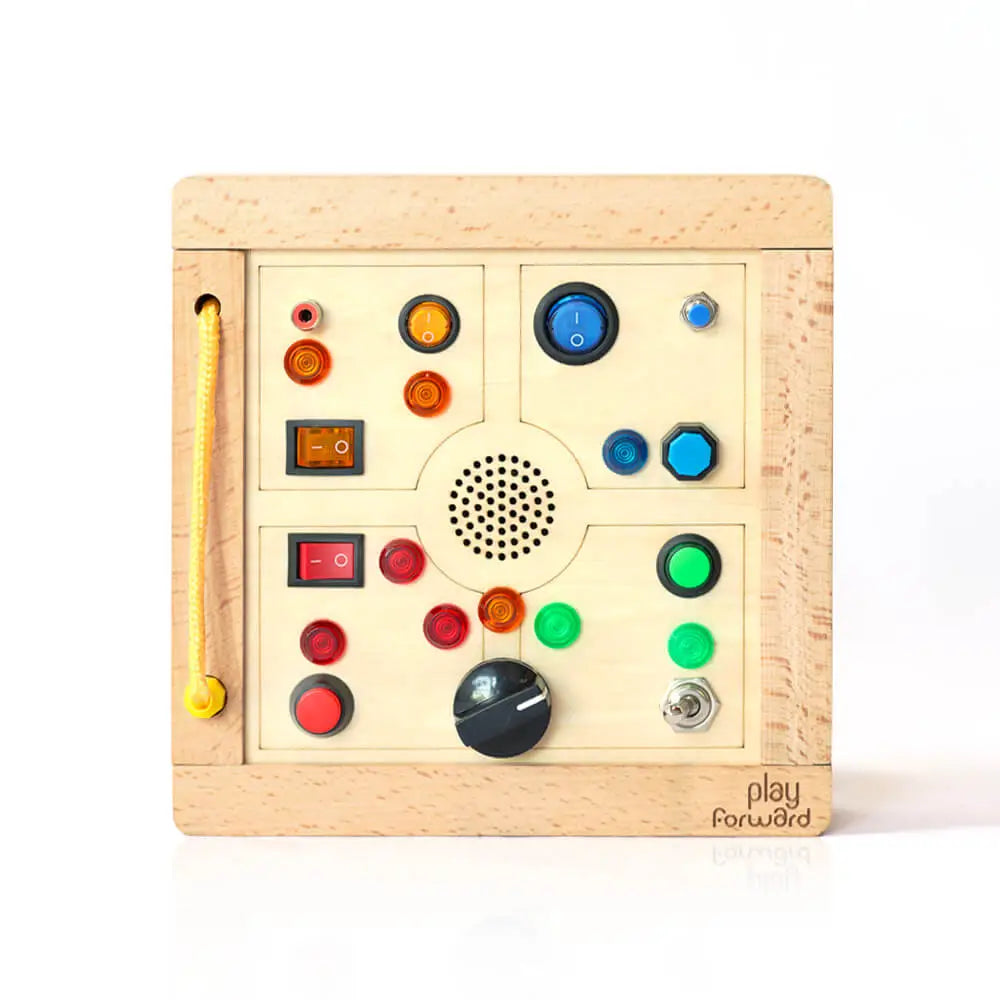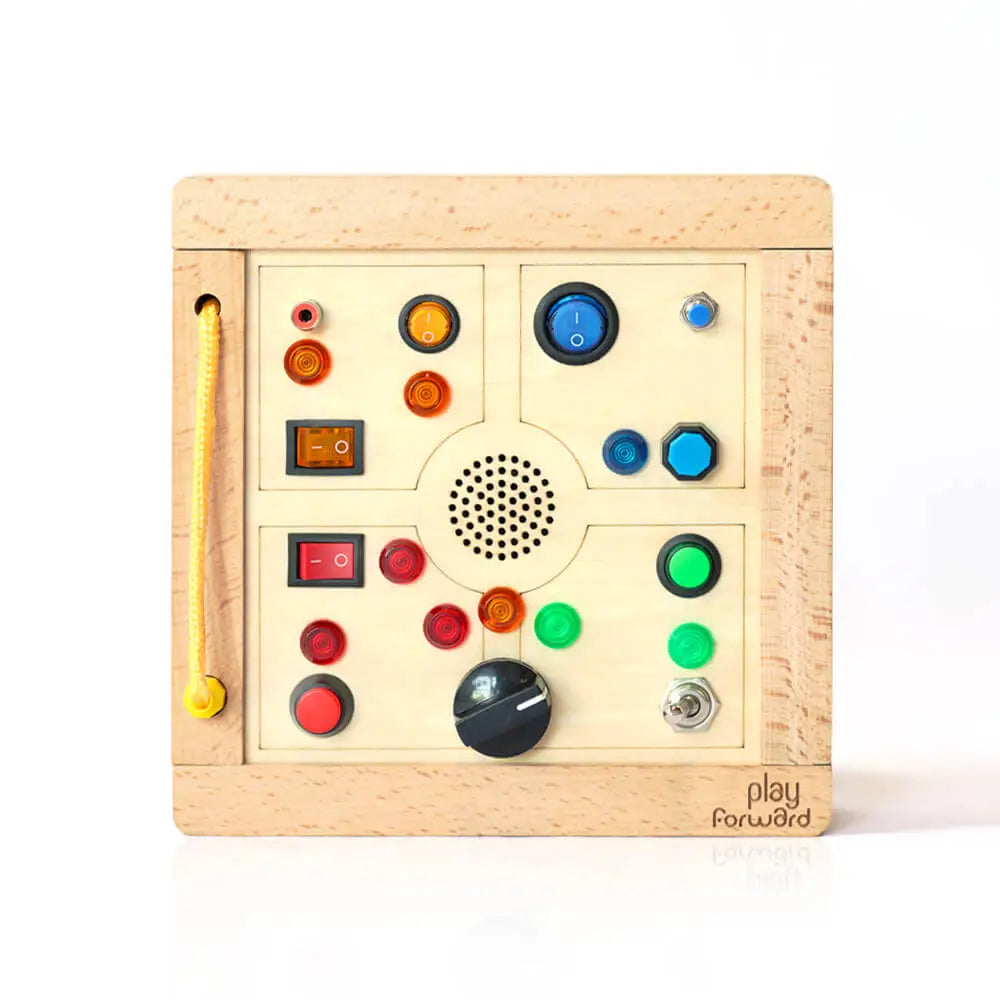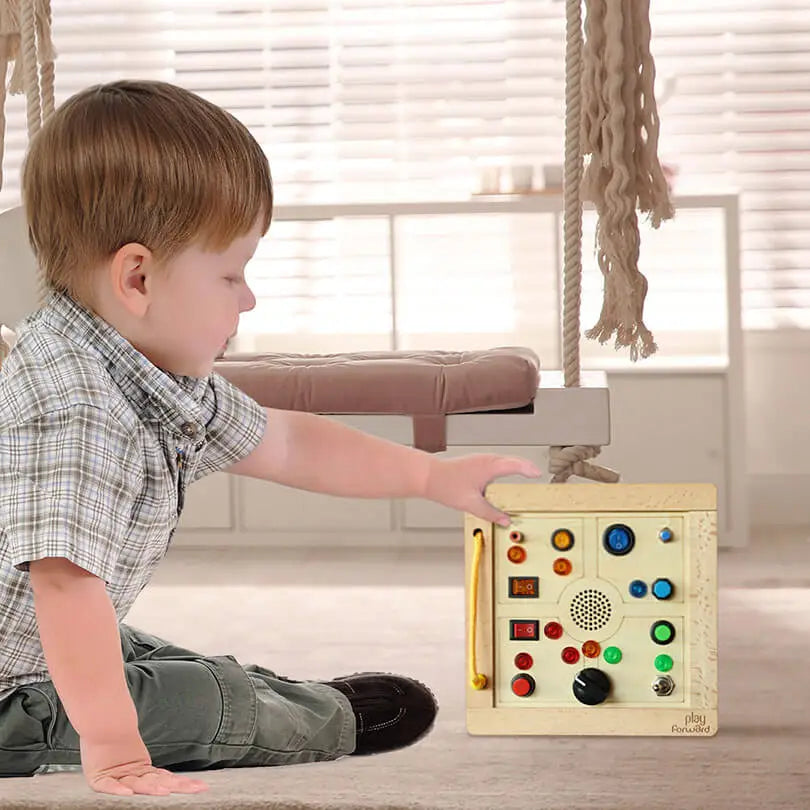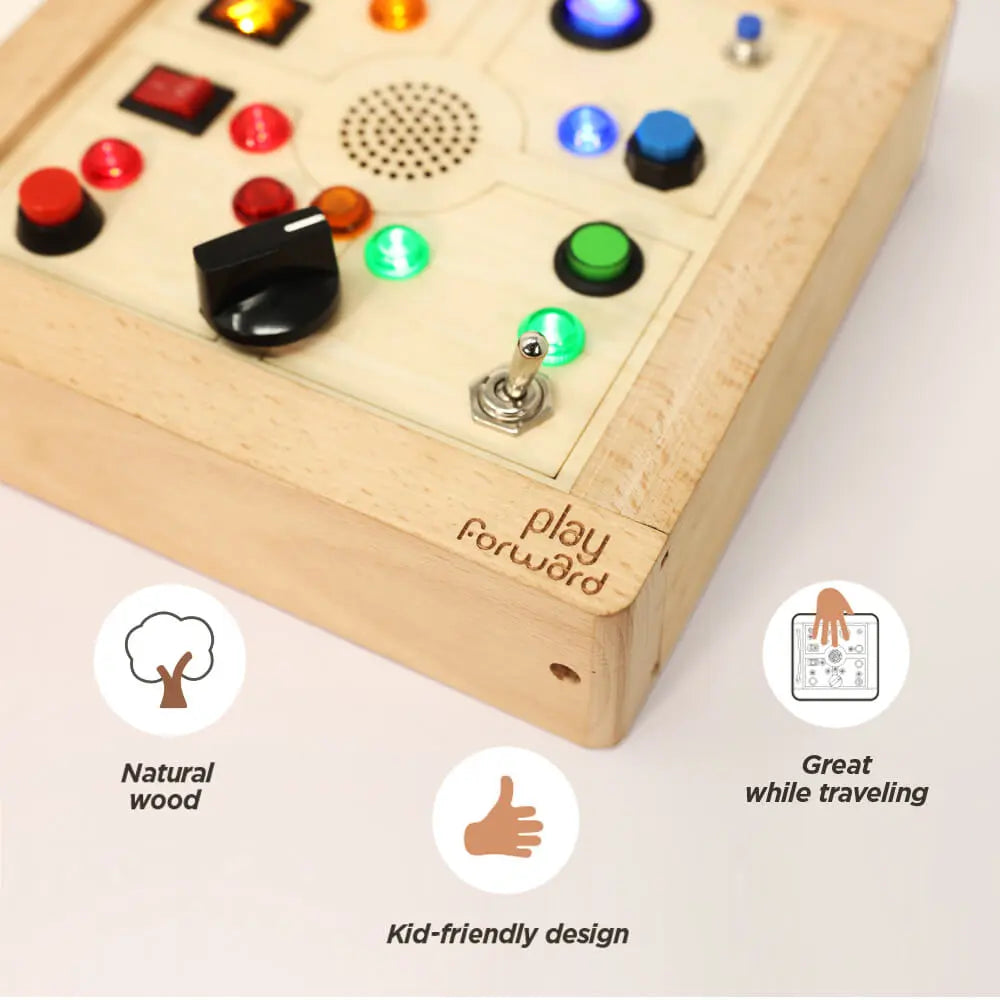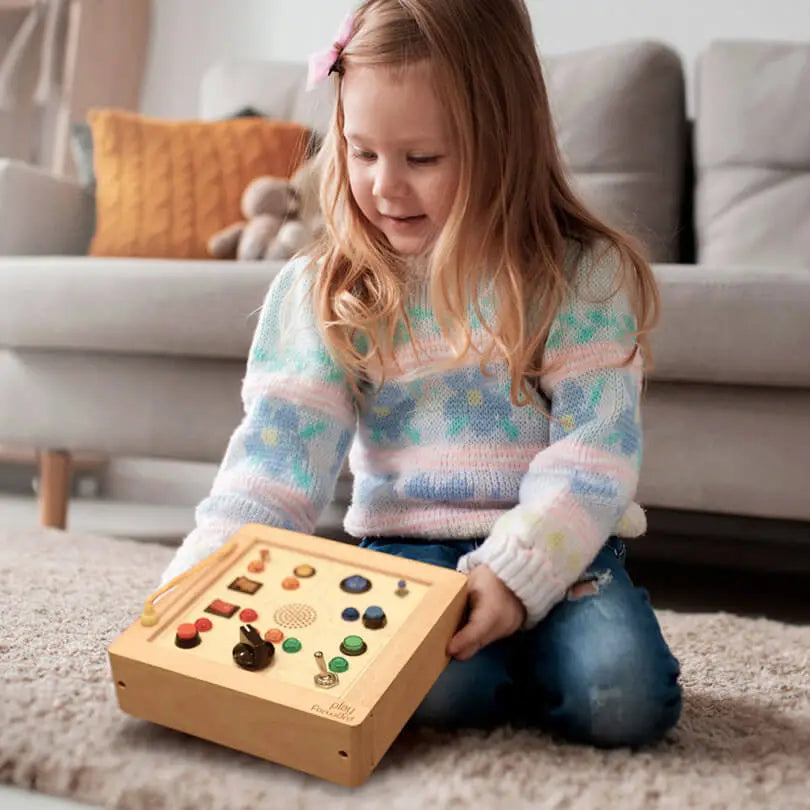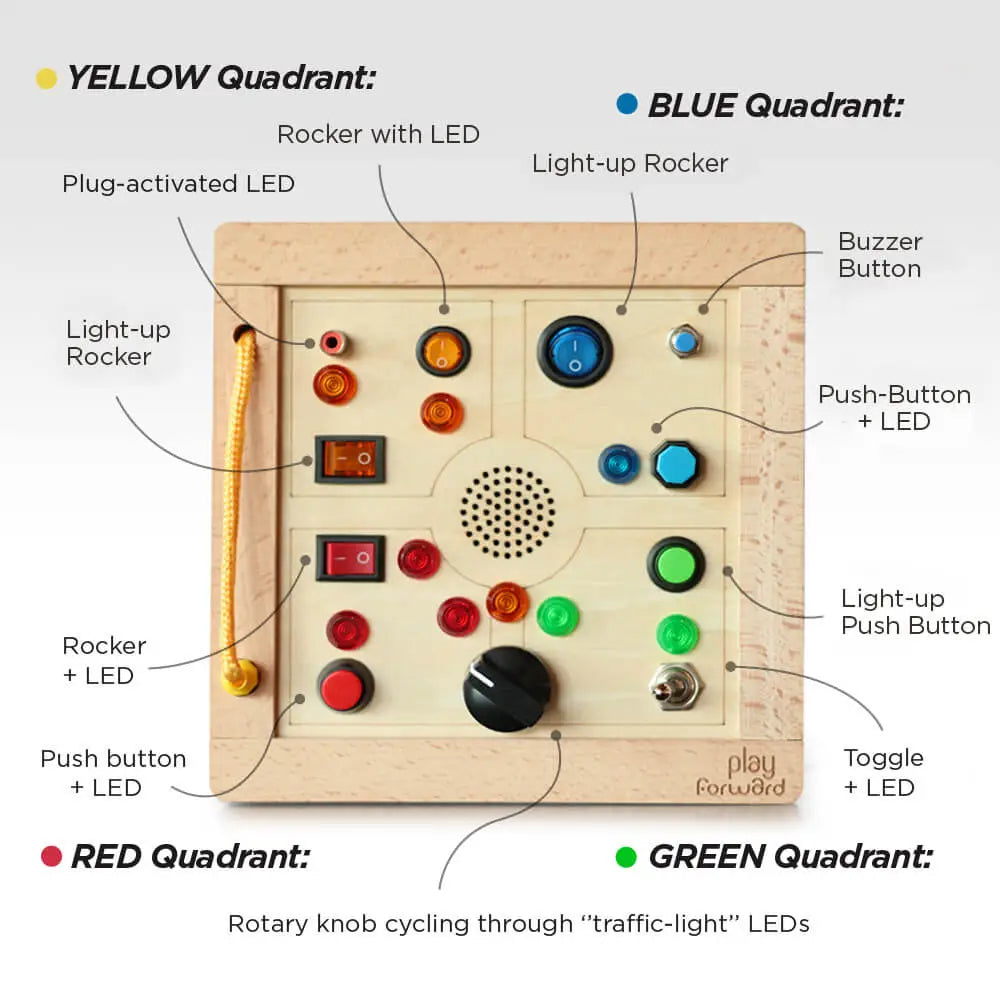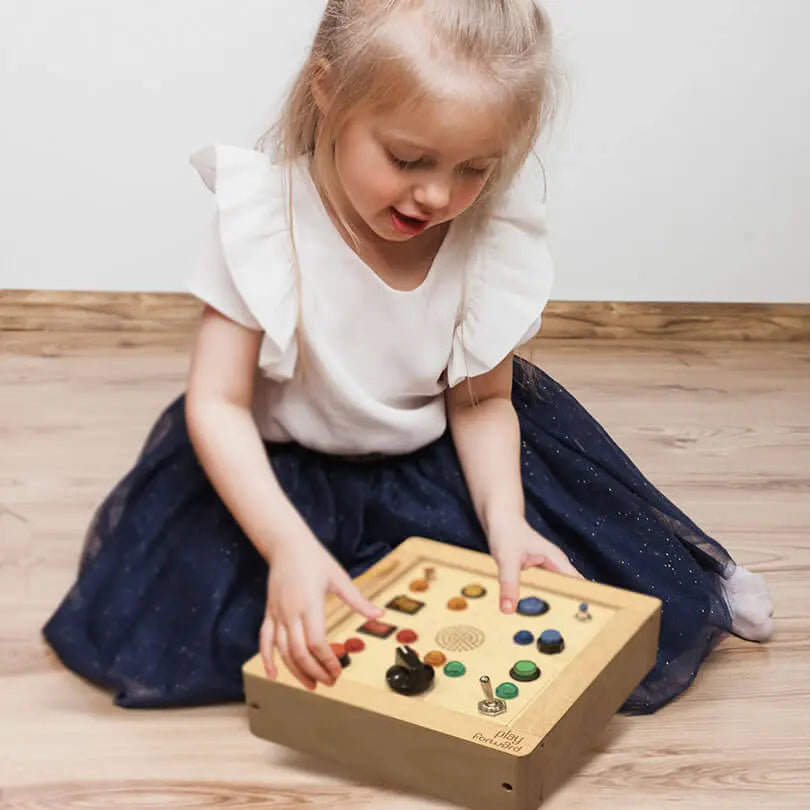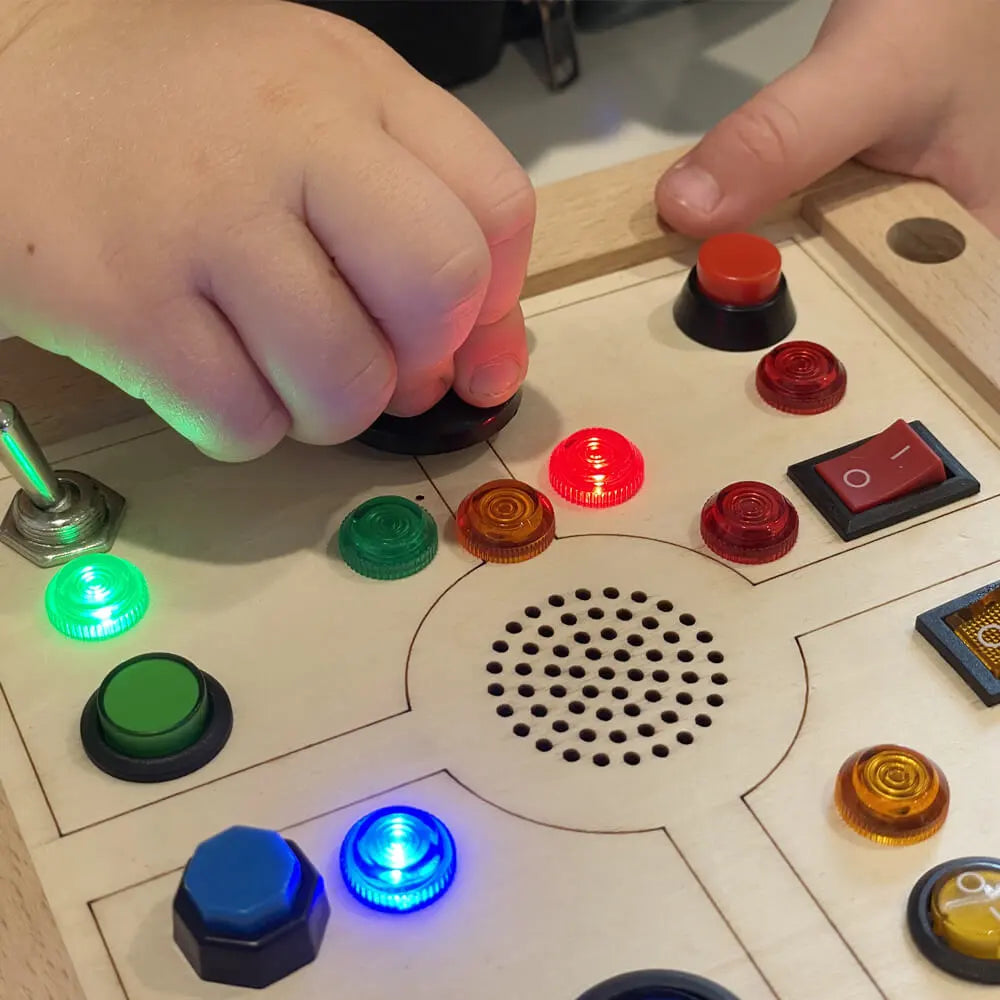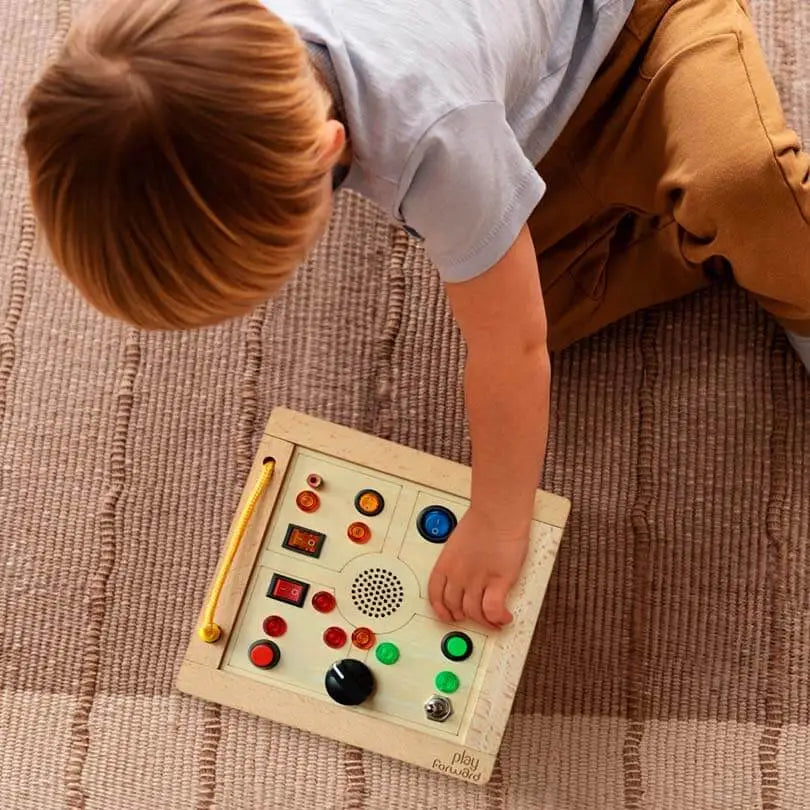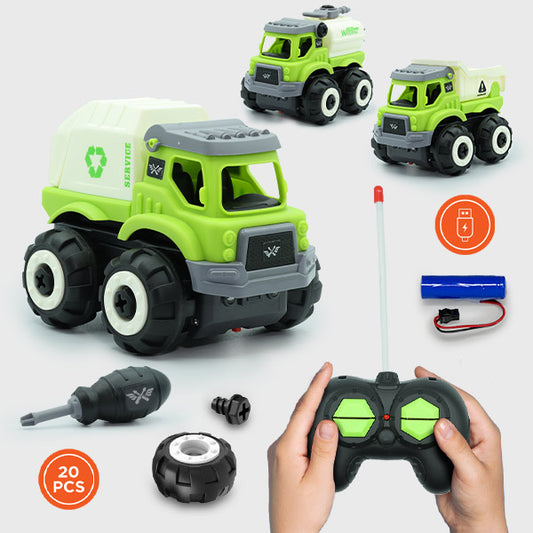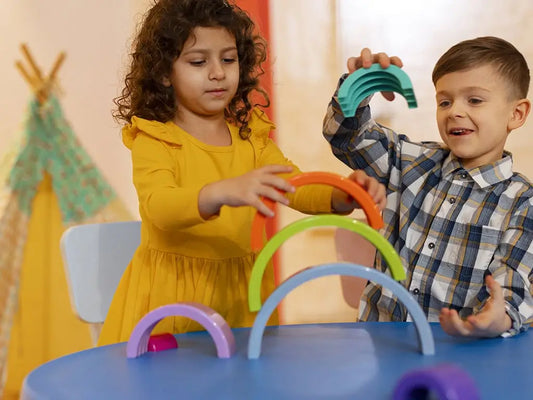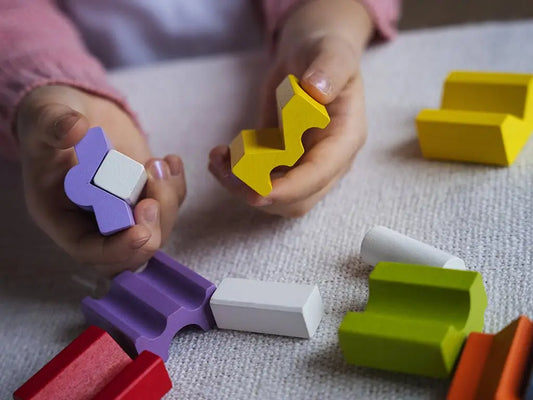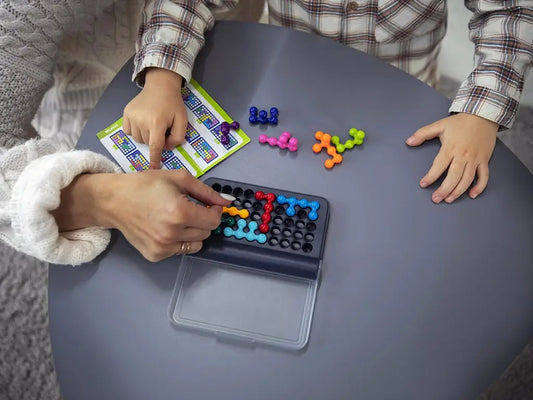The Role of Play in Strengthening Social Skills for Children and Adults
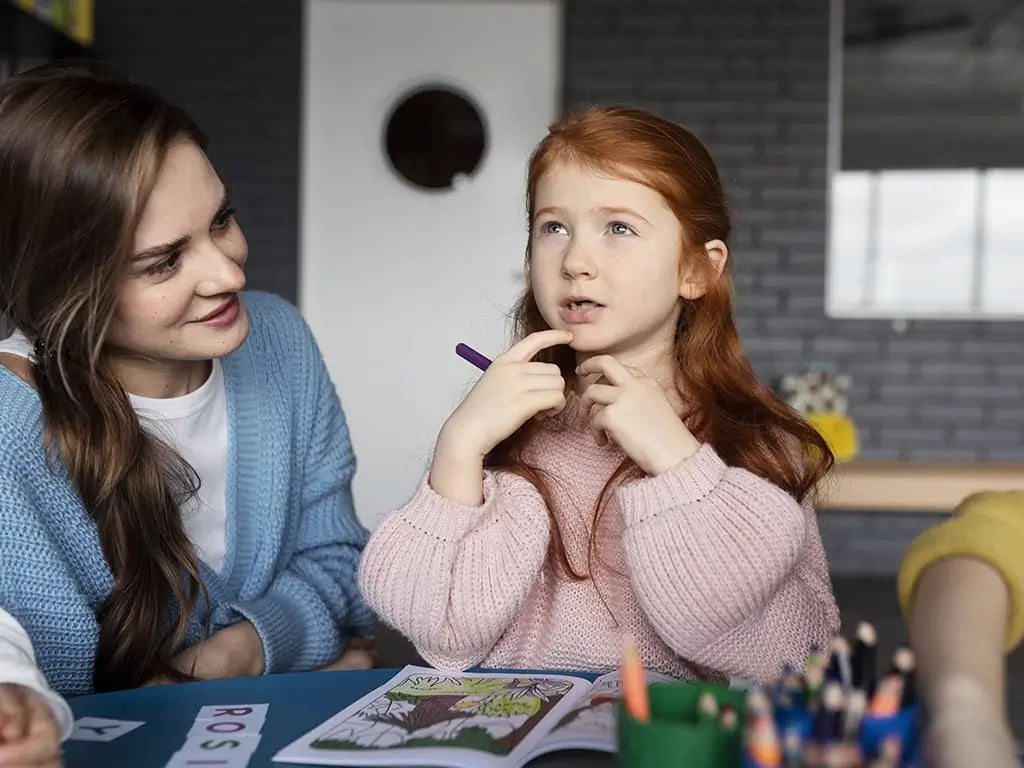
Play helps develop and strengthen social skills by encouraging communication, collaboration, empathy, and problem-solving.
For both kids and adults, structured and unstructured play offers a safe space to practice real-world interactions and build meaningful relationships.
Role of Play in Social Skills
Can something as simple as play truly shape how we connect with others? The answer is a powerful yes. Whether it’s a child learning to take turns or an adult collaborating in a team-building game, play is a vital engine of social growth.
In this article, we’ll explore:
- How play supports social skills development
- The role of play in communication and empathy
- Practical ways to use play to improve social skills at any age
At PlayForward, we believe play is more than just fun—it’s how we grow, connect, and thrive.
What Is Social Skills Development?
Social skills refer to the abilities that help us interact and build relationships—think active listening, empathy, cooperation, and assertiveness. These skills are not just important in childhood but remain critical across all life stages.
According to the CDC and APA, strong social skills are linked to better mental health, academic and career success, and even long-term well-being.
How Play Builds Social Skills
1. Communication Skills
Through role-playing, group games, or even playful debates, individuals learn to express ideas clearly, understand social cues, and practice active listening.
2. Empathy and Emotional Intelligence
Pretend play or storytelling helps children and adults explore different perspectives, understand emotions, and build empathy.
3. Conflict Resolution
Play often includes negotiation, compromise, and rules. These dynamics naturally teach people how to handle disagreements constructively.
4. Teamwork and Cooperation
Games with shared goals promote collaboration, patience, and shared success—a foundation for real-world teamwork.
5. Confidence and Self-Awareness
Winning and losing in games offer lessons in resilience, confidence-building, and self-reflection.
Read more: Discover The Awesome Power Of Play-Based Learning
Why Adults Need Play Too
Social skills are not “set” in childhood—they evolve. Adults who engage in playful activities (like board games, improv, or team sports) often experience:
- Reduced social anxiety
- Better workplace collaboration
- Improved romantic and family relationships
Whether you’re navigating a new job or reconnecting post-pandemic, play is a powerful re-entry point for social interaction.

PlayForward Perspective: Turning Play into Growth
At PlayForward, we see play as a pathway—not just to fun but to connection, development, and transformation. Our programs are designed to meet children and adults where they are, encouraging skill-building through intentional, joy-driven activities.
We design experiences that combine evidence-based methods with real-life relevance—so you or your child don’t just play—you grow forward.
Related products:
Practical Ways to Improve Social Skills Through Play
For Children
- Board Games: Turn-taking, rule-following, conversation
- Imaginative Play: Building empathy and emotional expression
- Team Sports: Communication and conflict resolution
- Cooperative Storytelling: Perspective-taking and creativity
For Adults
- Icebreaker Games at work
- Community Improv Classes
- Escape Rooms for team bonding
- Parent-child play to reconnect and model behaviors
Myths About Play and Social Growth
Myth 1: “Play is only for kids.”
Truth: Adults benefit just as much—play fosters connection, reduces stress, and builds real-world skills.
Myth 2: “Only structured games help with social skills.”
Truth: Free play is just as important. It allows spontaneous interaction, creativity, and exploration.
Myth 3: “Social skills can't be taught.”
Truth: Like any skill, social abilities can be practiced, refined, and strengthened through play and beyond.
Read more: 7 Ways To Boost Your Child’s Development With Sensory Play


